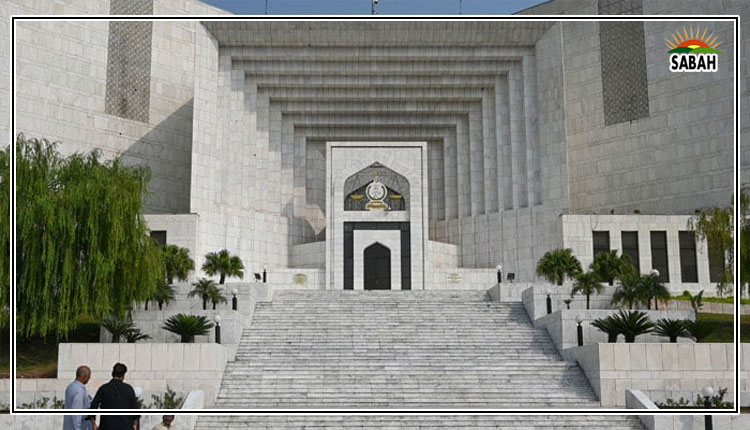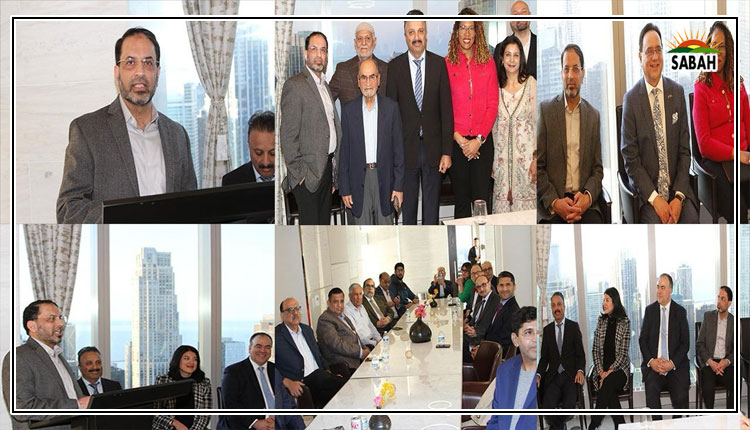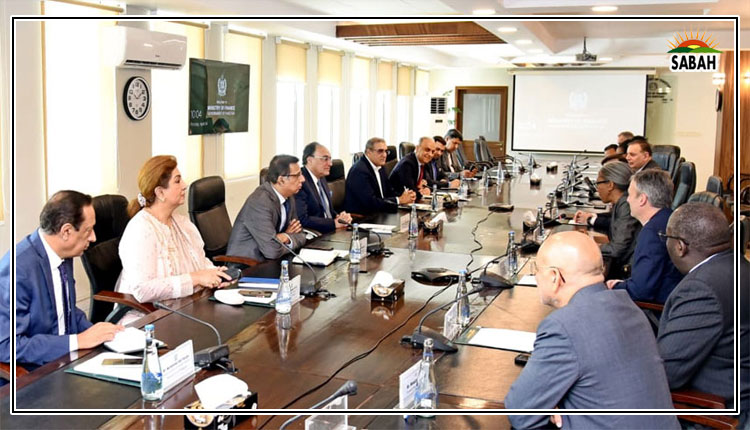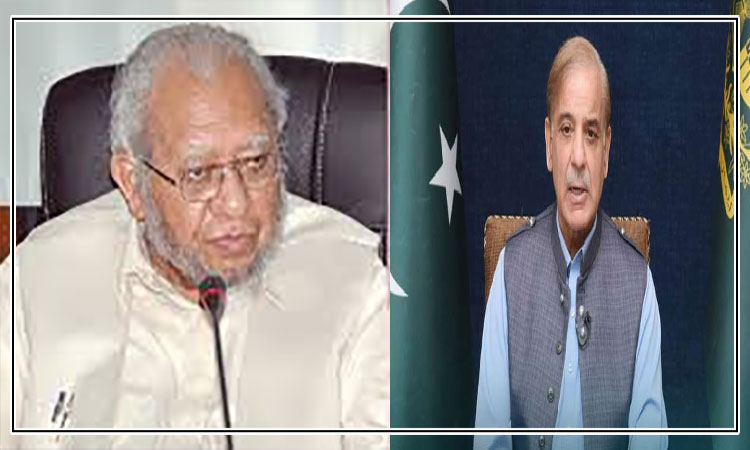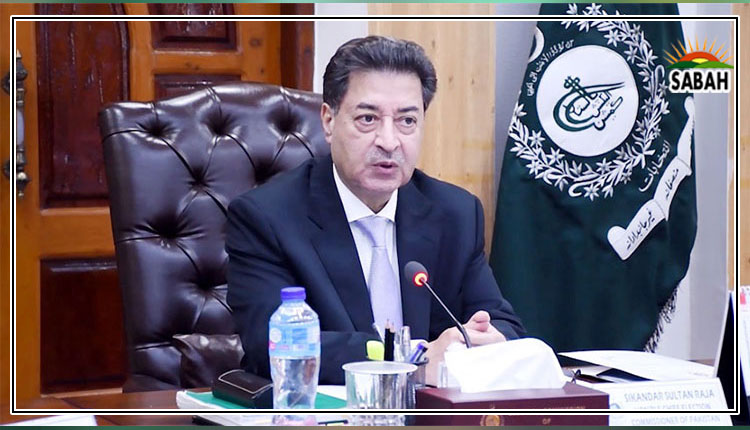CEC Dr. Sikandar Sultan Raja reiterates the Commission’s dedication to transparent & lawful constituency delimitations & elections
ISLAMABAD, August 31 (SABAH): On Thursday, the Election Commission of Pakistan held consultative meetings with two major political parties.
The first meeting was with Tehreek-e-Labbaik Pakistan and the second meeting with Pakistan Muslim League (Q) delegation, at 11:30 AM and 2:00 PM respectively.
The meetings were chaired by Chief Election Commissioner Dr. Sikandar Sultan Raja, Members of the Election Commission, Secretary ECP and other senior officers also attended the meeting.
From Tehreek-e-Labbaik Pakistan, Chaudhry Rizwan, Muhammad Qasim, Zia ur Rahman, and Chaudhry Azhar attended the meeting. Meanwhile, from Pakistan Muslim League (Q), Muhammad Tariq Hussain, Ms. Farukh Khan, Ghulam Mustafa, Rizwan Sadiq, and Hafiz Aqeel Jalil were present.
Tehreek-e-Labbaik Pakistan’s delegation briefed the Election Commission that in Islamabad’s Local Government elections, the government increased the number of Union Councils from 50 to 101, and later to 125. They viewed this as a negative move, which leads to the cancellation of elections, and expressed their reluctance to grant such authority to the government. They suggested that union councils in Pakistan should be empowered for a better local government system. They also emphasized the need for removal of deceased voters from voter list and opposed the appointing of Returning Officers from Judiciary due to their limited focus on election affairs.
They further said that the media covers major political parties extensively during elections, but Tehreek-e-Labbaik Pakistan does not receive equal coverage. They proposed improvements in election monitoring to ensure transparency and expressed their willingness to complete elections within 90 days, even if constituency delimitation is required. They stressed the need to enhance peace and stability before the elections.
The Chief Election Commissioner stated that under Article 140-A, the Election Commission has the responsibility to conduct elections in accordance with the local government laws of the provinces. Provincial governments are not willing to hold elections. When the Election Commission completes the arrangements for holding elections, changes are made to the laws. The same happened in Islamabad. Furthermore, the Election Commission ensured the removal of deceased and duplicate voters from electoral rolls by obtaining data from NADRA and the Union Council, making the process more accurate. This process is ongoing on a permanent basis. The Election Commission will also monitor electoral campaigns and expenditures systematically. For this purpose, all arrangements have been completed. The Chief Election Commissioner mentioned that to ensure peace and security, the services of the police, along with the armed forces and other law enforcement agencies, will be obtained. The Election Commission will also consult with parties on the code of conduct. The draft of this will be sent to political parties before the consultation for feedback so that a better code of conduct can be established for future elections. The Chief Election Commissioner stated that legislation is needed on some party proposals, and the Election Commission will play its role in this regard, expecting political parties to do the same.
The Pakistan Muslim League (Q) delegation endorsed the Election Commission’s decision on the new constituency delimitation. They emphasized that a new delimitation was necessary based on the released census results to ensure fairness.
Both parties expressed confidence in the Election Commission’s capabilities and commitment to transparent elections. The Chief Election Commissioner assured that the ongoing schedule for delimitation are supposed to be completed within 120 days by December 14, 2023 however ECP is trying to squeeze the duration of process and after that would immediately announce election schedule. The Chief Election Commissioner also reiterated the Commission’s dedication to transparent and lawful constituency delimitations and elections.


